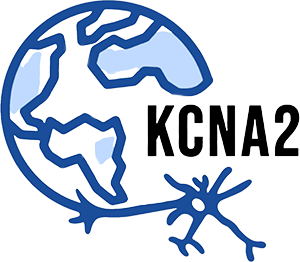Scientific Team
What is the Scientific Advisory Committee?
We have established an excellent scientific advisory board. Professionals on this committee can answer general questions about KCNA2. If you would like to sit on the Scientific Advisory Committee, or have suggestions about who may be interested, please send a message by clicking here. This can include medical doctors (neurologists, internists, etc.), pharmacists, therapists, geneticists, or other professionals the board believes can be helpful to the advancement of KCNA2 and to those who visit our website.
Learn more about our current committee members below!
Scientific Advisory Committee Members
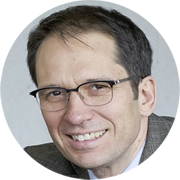
Holger Lerche, MD
Department of Neurology and Epileptology,
Hertie-Institute for Clinical Brain Research,
University of Tübingen, Tübingen, Germany
Prof. Dr. med. Holger Lerche is Clinical Director and Head of the Department of Neurology and Epileptology at the Hertie Institute of Clinical Brain Research, University of Tübingen, Germany. He was a consultant neurologist and Head of Epileptology in the Department of Neurology at the University of Ulm from 2001 to 2009, being a Heisenberg fellow of the DFG from 2003 to 2008 during which he also undertook research fellowships in London and Melbourne, before taking up his current position in Tübingen.
His main research interest is to unravel the genetics and pathophysiology of inherited epilepsies and related paroxysmal disorders with the goal of finding new therapies. The first pathophysiology-based personalized treatment options with existing drugs have been published and will be further pursued.
Holger Lerche is leading national and international research consortia. He is the current chair of the ILAE Genetics Commission (2017-2021), Editorial Board member of Epilepsia, and a former president of the German chapter of the ILAE.
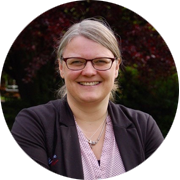
Rikke Steensbjerre Møller,
PhD, MSc
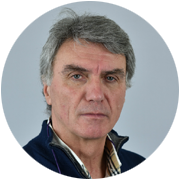
Guido Rubboli, MD
Guido Rubboli MD is a neurologist and epileptologist working at the Danish Epilepsy Center in Dianalund, Denmark, and he is appointed Professor of Clinical Epileptology at the University of Copenhagen, Denmark. His clinical activity involves primarily adult epilepsy, difficult-to treat epilepsies, genetic epilepsies, and epilepsy surgery. His main fields of research include clinical and neurophysiological phenotyping of epilepsy syndromes, phenotype-genotype correlations of genetic epilepsies, presurgical evaluation, neurophysiology of epilepsy.
He has organized several national and international meetings focused on the pathophysiology, diagnosis and treatment of epilepsies. He is currently Co-Chairman of the Epilepsy Scientific Panel of the European Academy of Neurology and he is member of the ILAE Task Force on Transition in Care from Childhood to Adult. He is tutor and teacher at the Virtual Epilepsy Academy of the ILAE and member of the EpiCARE, European Reference Network.
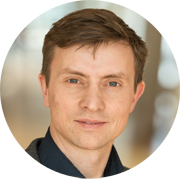
Steffen Syrbe, MD
Steffen Syrbe is a medical doctor, currently working as child neurologist and head of the Division for Pediatric Epileptology at the University Hospital in Heidelberg, Germany. He has been working with children with epilepsy syndromes for over 15 years and during these years he has developed a strong interest in genetic causes of epilepsies and neurological diseases in childhood. He was part of the team that first identified alterations in KCNA2 as a cause of different neurological disorders with epilepsy starting in early childhood. He is still in contact with Sophie, the very first girl diagnosed in 2012, and also with her mother. He has since seen several children with KCNA2-related epilepsies and is still involved in many aspects of research of childhood epilepsy and ataxia.
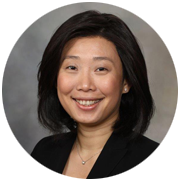
Lily Wong-Kisiel, MD
Dr. Lily C. Wong-Kisiel is a pediatric epileptologist at Mayo Clinic in Rochester, Minnesota. She is Associate Professor of Neurology and Pediatrics at the Mayo Clinic College of Medicine and Science and is the Program Director of the Mayo Clinic Epilepsy Fellowship. Dr. Wong-Kisiel’s clinical and research interests are in the evaluation and treatment of medically refractory childhood epilepsy. She has lectured on pediatric epilepsy topics at national and international conferences. She serves in committees for the American Academy of Neurology, American Epilepsy Society, International League Against Epilepsy and Pediatric Epilepsy Research Consortium. Peer-reviewed manuscripts and book chapters authored and co-authored by Dr. Wong-Kisiel focus on the advanced noninvasive surgical planning for epilepsy surgery and treatment of genetic epilepsy syndromes.
